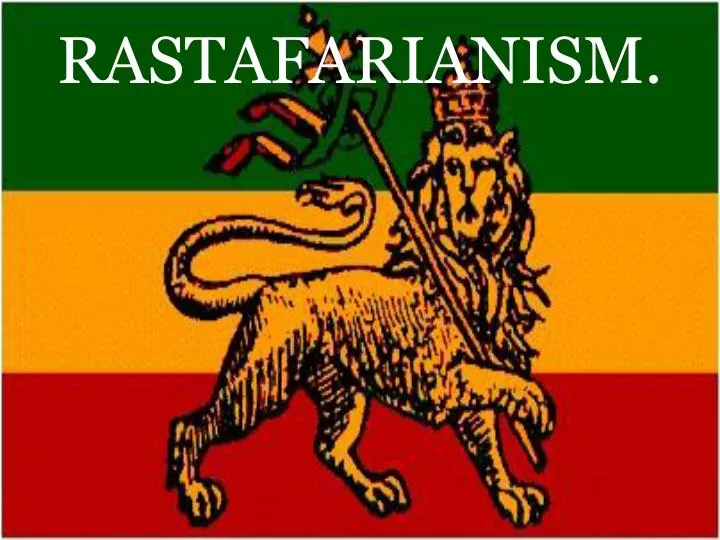Have you ever wanted to know more about Rastas? Has their way of life got you intrigued about their beliefs?
Well, it’s time to learn all about the Rastaman and their core beliefs. Rastafarian religion and lifestyle have been part of Jamaica since the 1930s. Since then, many people from across the globe continue to adopt their new way of life.
So, what are the Rastaman beliefs you should know? Stick around and learn 10 core beliefs of Rastas.
1. Believe in One God
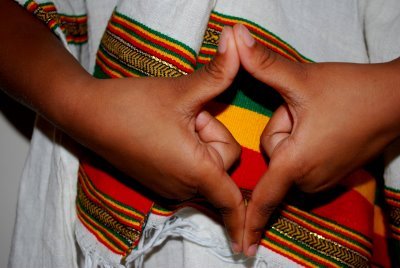
Some religions in the world, for example, Hinduism, believe in numerous gods. However, Rastafarians have a monotheistic belief that there is one God. They have a specific interpretation of the Bible and refer to God as Jah.
Rastaman adopted the name Jah at the inception of the religious movement in the 1930s. It’s another name for God that’s found in the Old Testament of the Christian Bible. Some people compare Rastafarian to the Judeo-Christian religion, but there are differences.
Interestingly, some scholars describe the Rastaman religion as Abrahamic. Rastaman believe and worship the God of Abraham, similar to Christianity and Judaism. Abraham featured prominently in the Old Testament as the ‘Father of Nations.’
2. Emperor Haile Selassie 1 was the Black Messiah
Rastafarians hold Emperor Haile Selassie in high regard and continue to sing his praises. He was the ruler of Ethiopia from 1892 to 1975. One notable fact about Emperor Haile Selassie is he is one of the few leaders in Africa who managed to resist colonization.
In the 1930s, at the formation of Rastafarian in Jamaica, they hailed the emperor as the black Messiah. He’s known as the King of Kings of Ethiopia, Lord of Lords, and the Conquering Lion of the Tribe of Judah.
Many believe the emperor is a descendant of King Solomon and the Queen of Sheba and that he is a representative of the Solomonic Dynasty. In the 1920s, political Activist Marcus Garvey made a prophecy that foretold the crowning of a leader in Africa, symbolizing a day of deliverance for the black man.
Also Check: 8 Famous African Earth Goddesses and Gods
3. Emphasize Intuitive Understanding and Personal Experience
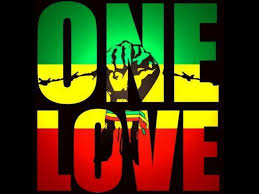
Unlike other religions, Rastafarian holds a worldview. Rather than having one leader guiding Rastas, the emphasis is on intuitive understanding and personal experience of Rastalogy.
Rastas aren’t guided by a specific creed that can serve as doctrine for the followers. Instead, every Rastaman gets a chance to foster personal beliefs and experiences. No individual Rasta has the authority to demand followers abide by a specific creed.
Still, it’s worth noting that Rastafarian shares similarities with Christianity and Judaism. In fact, there are many commonalities between Rastafarian and Christianity, including practices. For example, both religions believe in the Holy Trinity, that is, Father, Son, and the Holy Spirit.
4. Empowering Black People
Apart from Rastafarian being a religion, it was also a political movement. The main concern for the Rastaman is black consciousness and empowerment. Rastas believes in purging all beliefs of inferiority towards the black man.
The political movement dates back to the 1930s, a time of British colonial rule in Jamaica. Many Afro-Jamaicans lived in abject poverty and were seen as less than as compared to the white man. Forming the Rastafarian movement was meant to empower the black man by restoring his identity and dignity.
Rastafarians identified with Africa and played a role in the Pan-African movement that led many nations to independence. Worthy of note is Rastas do identify as Israelites, the chosen people.
REVEALED: Was King James Black?
5. Day of Judgement
As mentioned earlier, there are similarities between Rastafarian and Christianity. Another example is the concept of Judgement Day, where all humanity will be held accountable for their action.
Rastas believe that the world will come to an apocalyptic end and experience the Day of Judgment. Babylon, that is, western societies, will be overthrown, bringing an end to their oppression.
However, Rastas will be spared as the chosen few and will move on to a ‘new age.’ Essentially, the righteous shall live in Africa, a land of peace, justice, and happiness.
Rastas also believe in eternal life for all followers who die as believers. They don’t believe in the afterlife, and rather people live on. Only those who aren’t true believers die.
6. Living According to Nature’s Laws
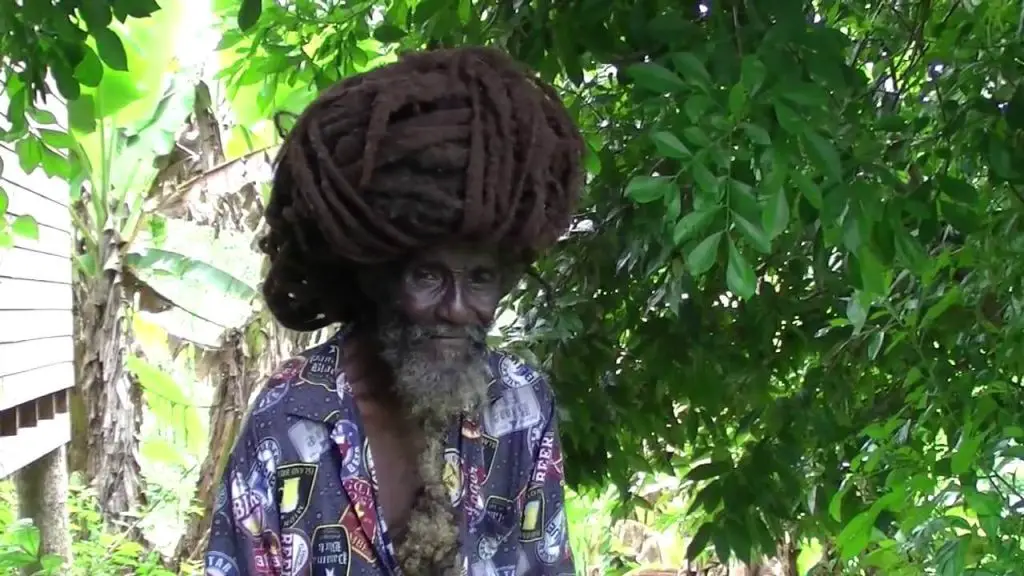
Rastas chose to live naturally and abide by Nature’s Laws. For many, Africa is paradise and the natural home of the black man. There, they can live according to the African traditions and culture and be one with the motherland.
Rastafarians believe that Western society and the white man continue to go against the laws of nature. The advancement of technology has resulted in decadent and debilitated behavior among many Westerners. Hence, some Rastas abide by what they consider the laws of Africa.
CULTURE: 9 Cultures That Don’t Wear Clothes
7. Patriarchal Principles
Many Rastas believe Babylon or the Western world has emasculated the black man. That’s why the religion advocates for restoring black manhood by adhering to patriarchal principles. One belief is women must submit to men and accept the subordinate position.
Rastafarian women adhere to the belief, obeying and serving their men. According to Rasta’s discourse, women are viewed as morally weak individuals and easily manipulated by evil. Another belief is women are impure when menstruating.
8. Grounding Ceremonies
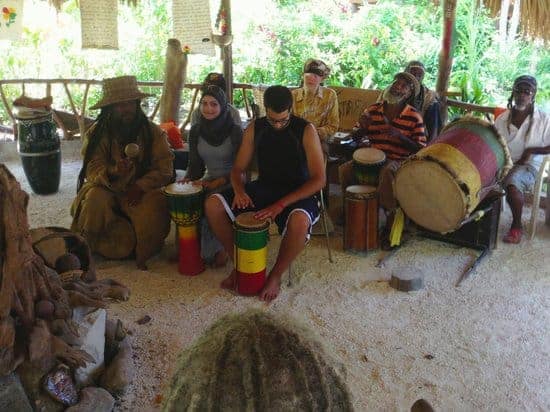
Rastafarians believe in the importance of grounding ceremonies that an elder oversees. Basically, it’s a gathering of Rastas where they chant, play drums, recite poetry, and sing hymns.
One practice that happens during grounding ceremonies is smoking cannabis. Rastas view smoking ganja or marijuana as a principal ritual as they engage in active ‘reasoning.’ Groundings are a male-only affair, though some women do set up their ceremonies.
9. Rasta Music Heals
Rasta music continues to be a global phenomenon, and many Rastafarians believe it has healing properties. The songs are for praising and communicating with Jah while rejecting the principles of Babylon. Such powerful songs, according to Rastafarian beliefs, can cure headaches, colds, and fevers.
10. Only Eat Local and Organic Food
A final notable belief of the Rastaman is eating healthy foods that are organically and locally grown. Many Rastas follow the dietary laws in the Book of Leviticus and opt not to eat crustaceans or pork. Instead, the Rastafarian diet consists of natural foods and avoids additives such as salt and sugar.
You may also want to check: 9 Jehovah’s Witness Dietary Restrictions You Probably Didn’t Know
Rastafarian beliefs are seen as guiding principles for all who choose the way of life. It’s important to know the history and beliefs of one of the world’s religions.

